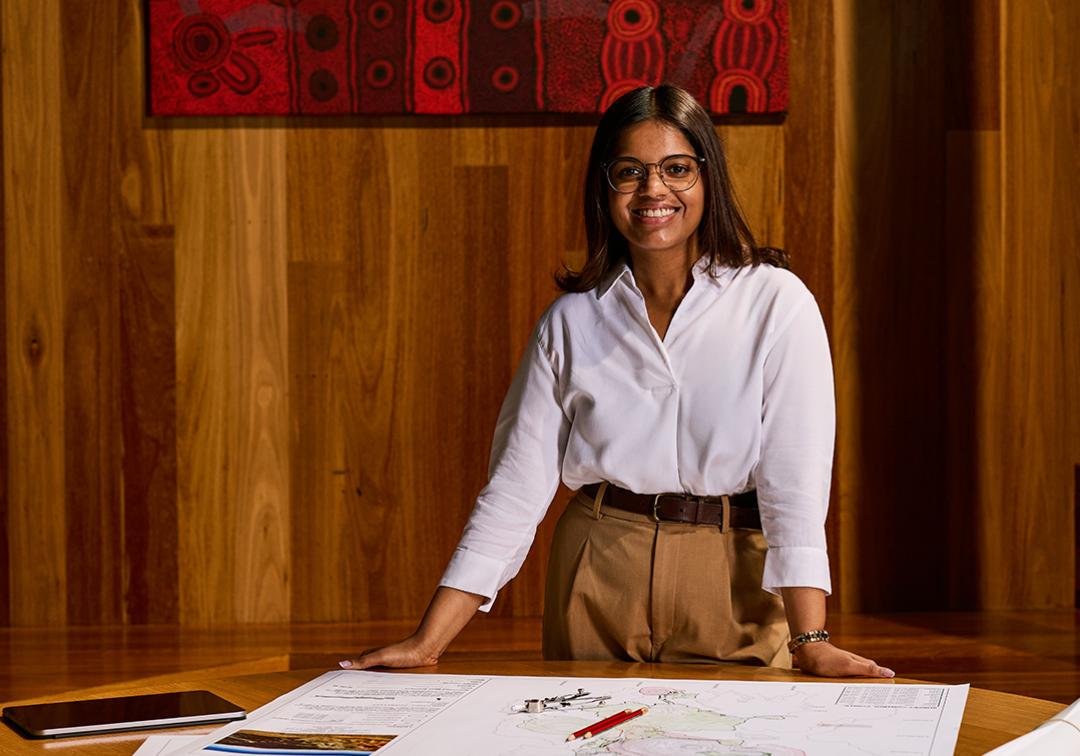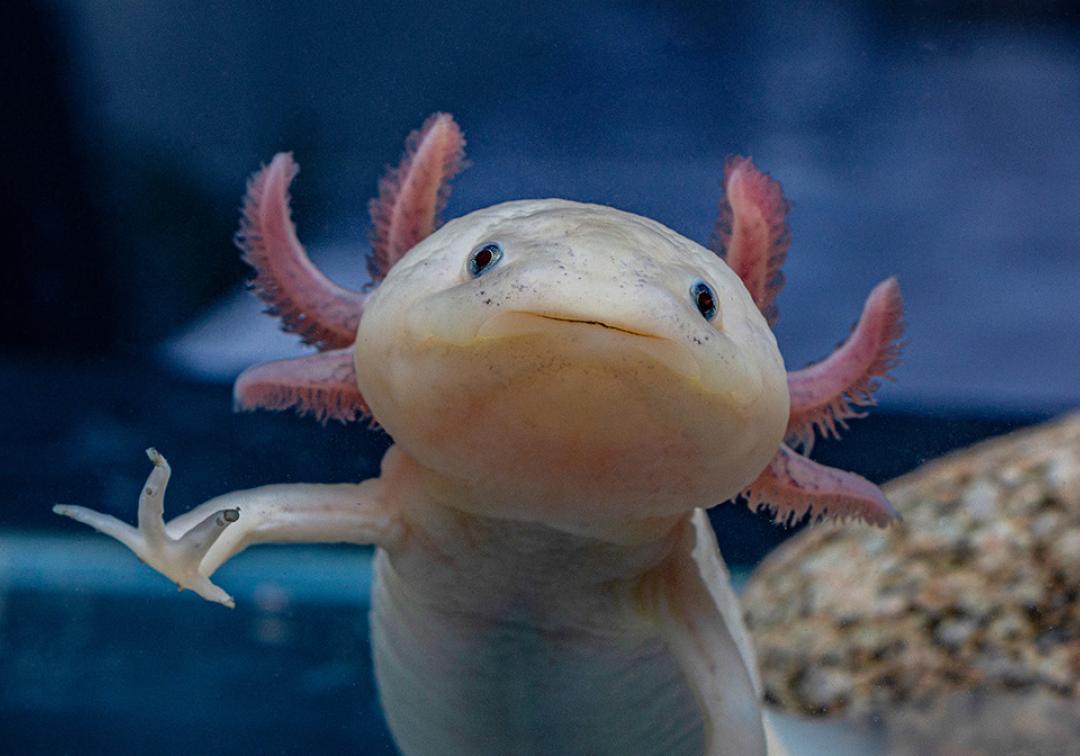
Biomedical engineers create materials, devices and processes for better health outcomes.
Biomedical engineering bridges the gap between technology, medicine and biology. It integrates physical, chemical, mathematical and computational sciences and engineering principles with the ultimate aim of improving health care.
Biomedical engineers may be involved in the design, construction and development of health and monitoring devices and computers, implantable devices, diagnostic systems and therapeutic systems, cell and tissue engineering, and pharmaceuticals. You may also work with models of physiological function and prosthetics and implants.
Depending on your chosen specialisation, you may find employment with hospitals, biotechnology companies, medical equipment manufacturers, research institutes and government health departments.
Specialisations
To study this major, you'll have to choose an engineering specialisation first. The biomedical engineering major is available in the following specialisations:
Career possibilities
Our programs prepare you for your first job and beyond. Here are some of the careers you could be on your way to:
- Biomedical engineer
- Biomedical technician
- Field service engineer
- Chemical engineer
- Electrical engineer
- Mechanical engineer
Average annual salary range
Biomedical Engineer
seek.com.au
Events
See all events
29 June
Queensland Biology Winter School, Year 12

1 July
International Baccalaureate Research Skills Program
Stories
See all stories
Uni life
What’s it like to study resource development (mining) as a postgraduate?
6-minute read

Study tips
5 must-study environment and sustainability courses
8-minute read

Study tips
UQ science scholarships to help fund your studies
8-minute read
Stories
See all stories
Uni life
What’s it like to study resource development (mining) as a postgraduate?
6-minute read

UQ people
From firefighting robots to rocket science: Vennkkata’s UQ experience
5-minute read

Study tips
5 must-study environment and sustainability courses
8-minute read
How you'll learn
Your learning experiences are designed to best suit the learning outcomes of the courses you choose.
- Lectures
- Tutorials
- Work placements
- Overseas study
- Laboratory work
- Fieldwork
- Workshops
What you'll study
At UQ, subjects are called 'courses'.
Keep up to date
Sign up to get information about applying and studying at UQ.




